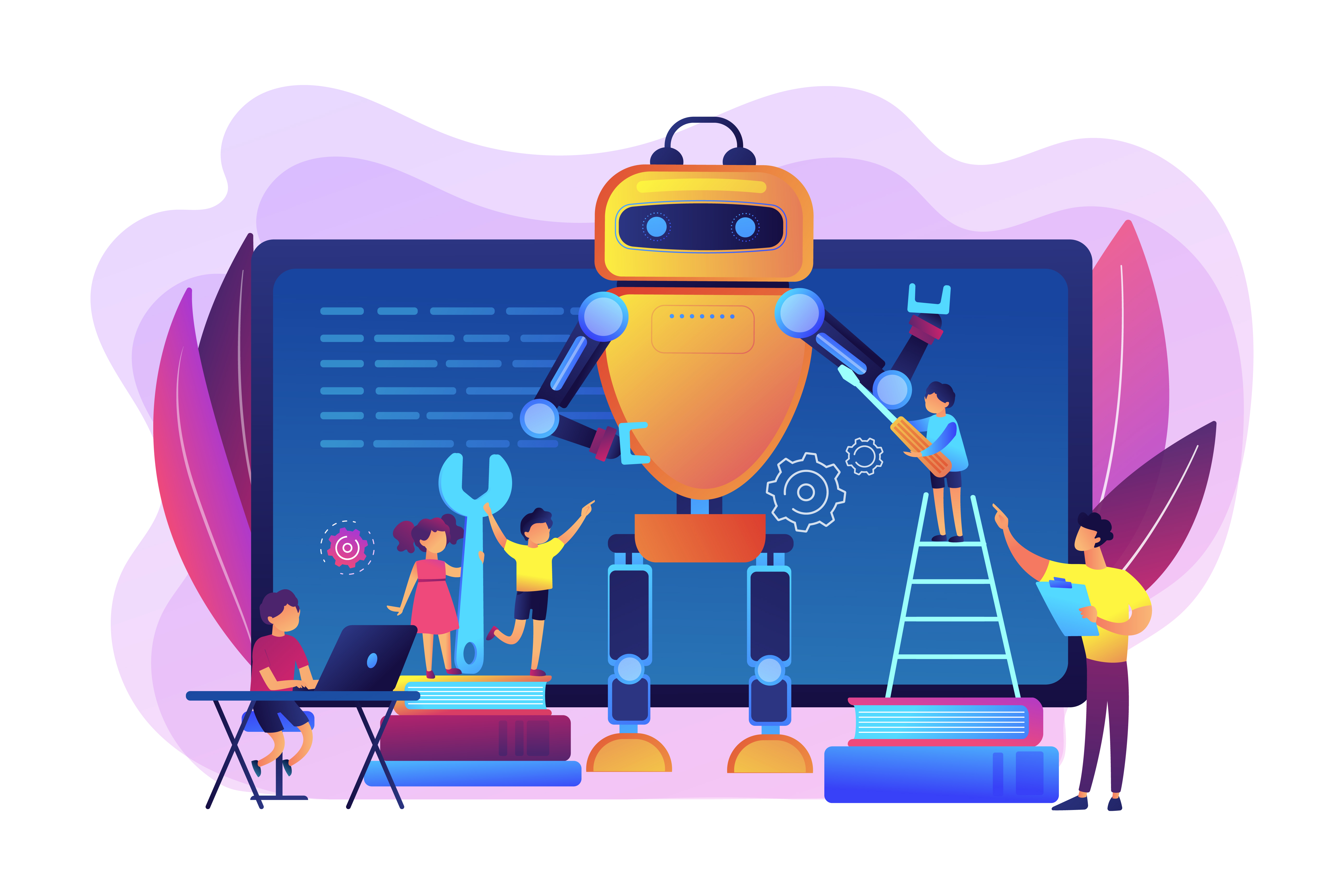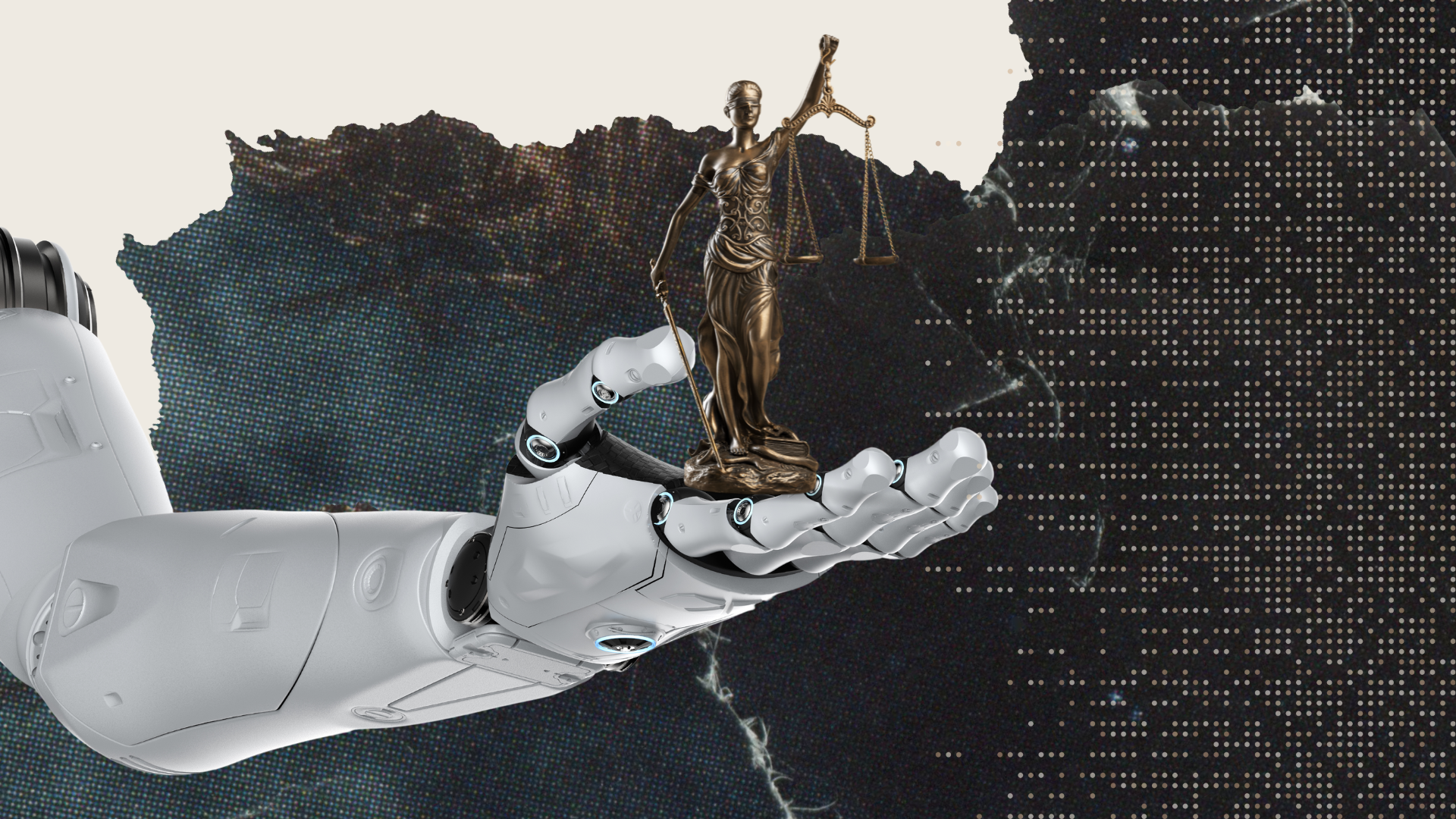Why the Global South should rewrite AI’s colonial code

The American writer and humorist Mark Twain once observed that history doesn't repeat—it rhymes. Today, as artificial intelligence reshapes economies and power structures worldwide, the echoes are unmistakable: the whirring servers training large language models sound unnervingly like the steam engines that once powered cotton gins and rubber plantations. The promise is universal progress, but the patterns feel hauntingly familiar.
When China proposed a World AI Organisation (WAIO) in July 2025—positioned as a UN-like body for "safe, fair, and responsible" AI—it framed itself as a champion of multipolar governance. Yet for those of us from Trinidad to Tanzania, this move evokes older scripts: great powers drafting rules for a technological order that extracts value from our lands, labour, and languages while leaving us dependent on their systems. Consider the brutal arithmetic: while AI could inject $19.9 trillion into the global economy by 2030, Latin America may receive only three percent of those benefits, and Africa, Oceania, and non-China Asia a mere eight percent combined. This isn't innovation—it's inheritance.
The coffee in your cup, the cocoa in your chocolate—these commodities once fuelled colonial economies through supply chains designed to enrich distant metropoles. Today, we have new raw materials: data. Kenyan workers label images for Silicon Valley algorithms. Venezuelan gig workers scrub toxic content from chatbots. Indian call centres train voice assistants. This labour remains largely invisible, underpaid, and disconnected from the value it creates—a digital encomienda system where sweat trains machines that displace the very people who nourished them.
The infrastructure gap mirrors historical resource monopolies by the colonisers. Africa and Latin America together host just three percent of global AI computing capacity. Why? Building sovereign compute requires chips, energy, and capital—resources hoarded by powers now racing to lock in dominance. The US AI Action Plan champions open models while tightening semiconductor export controls. China promotes "inclusive infrastructure" while relying on smuggled Western chips to power 91 percent of its AI models. Both offer partnerships, yet neither surrenders control. As Krystal Maughan, a Trinidadian AI researcher, warns: "A lack of vision for oneself results in being part of someone else's vision".
Enter the siren song of "democratisation." Meta's Mark Zuckerberg promotes "open-source AI" while sporting shirts emblazoned "Aut Zuck, Aut Nihil" (Either Zuckerberg or Nothing)—a Caesar-esque declaration of intent. The rhetoric is seductive: Download our models! Build local solutions! Yet Llama's "openness" is a masterclass in illusion. Meta withholds training data, restricts commercial use, and leverages its $40-billion war chest to ensure no startup can rival its scale.
This isn't a partnership, it's predation. By dangling open models while monopolising compute and data, Big Tech turns Global South innovators into outsourced R&D departments. Startups fine-tune Llama for regional needs, only to be acquired or crushed when Meta absorbs their breakthroughs. The result? A new dependency: nations trade sovereignty for the false god of accessibility, importing values baked into foreign algorithms. Consider the cultural erasure: Swahili chatbots trained on English syntax, agricultural AIs blind to monsoon soil, and facial recognition systems that misidentify black and brown faces. When tools are designed without us, they recreate the world against us.
Yet a quiet rebellion is flowering. From Jakarta to Johannesburg, many nations are increasingly rejecting the false binary of US vs China roadmaps and scripting their own code for technological self-determination.
Pakistan's National AI Policy mobilises its youth bulge (64 percent under 30) through education and ethical frameworks, transforming demographic weight into AI leverage. Kenya is building continental research hubs, asserting that African data deserves African governance. Indonesia's public consultation on AI ethics centres on gotong royong—collective decision-making rooted in village traditions. The UAE and Saudi Arabia are deploying capital and neutrality to convene Global South summits, shifting the discourse from charity to co-ownership.
These aren't isolated experiments. They're threads in a tapestry of techno-decolonial praxis. We won't win with borrowed code; we win by rebuilding the foundation.
The Global South, therefore, must have a policy that catalyses this momentum. Three pillars can anchor its AI sovereignty—(i) Sovereign compute: Regional compute alliances, like a Latin American cloud network or GCC-funded AI corridors, can pool resources to break dependency. Imagine Angola and Nigeria co-investing in solar-powered data centres that train models on African health records, guarded by local privacy laws. Data stays, value flows; (ii) AI justice charter: A Global South pact could bind members to ethical non-negotiables like algorithmic bias audits, data dignity clauses, and profit-sharing from extracted resources. Brazil's digital rights framework and India's "AI for All" vision offer templates; (iii) Diplomacy by design: Why beg for seats at G7 tables when we can build our own? A Global South AI Alliance (uniting ASEAN, AU, Mercosur, GCC) should co-draft standards at the UN, demand compute reparations from tech giants, and sanction digital extractivism. Power isn't given; it's negotiated.
Currently, trust in AI sits at 46 percent globally. In the Global South, scepticism runs deeper—we remember promises made by colonial surveyors mapping "empty" lands later filled with mines. Yet this mistrust is wisdom, not weakness. It compels us to ask: Who benefits? Who governs? Whose future?
The WAIO proposal, like Zuckerberg's open-washing, is a symptom of an old order seeking new legitimacy. Our response must be neither rejection nor submission, but re-imagination. Let us build AI that honours Kerala's fishing nets, not just Wall Street's trading algorithms; that learns from Quechua elders and Lagos market women; that sees compute as a commons, not a weapon.
History is rhyming, yes. But poets know: rhymes can be rewritten.
Zakir Kibria is a writer, policy analyst and entrepreneur based in Kathmandu. He can be reached at zk@krishikaaj.com.
Views expressed in this article are the author's own.
Follow The Daily Star Opinion on Facebook for the latest opinions, commentaries, and analyses by experts and professionals. To contribute your article or letter to The Daily Star Opinion, see our guidelines for submission.




 For all latest news, follow The Daily Star's Google News channel.
For all latest news, follow The Daily Star's Google News channel. 

Comments